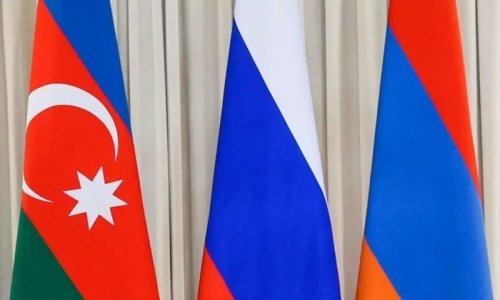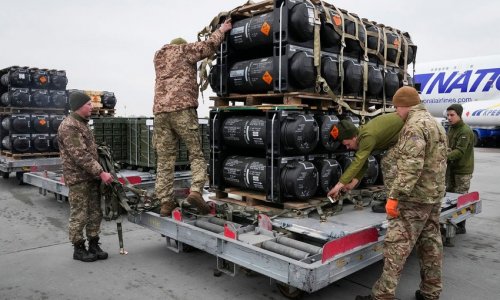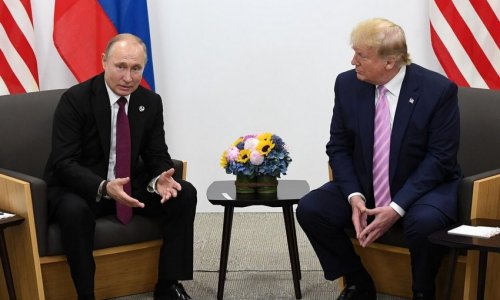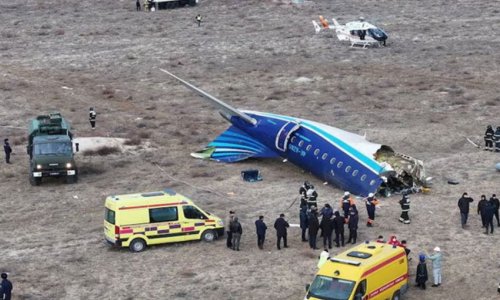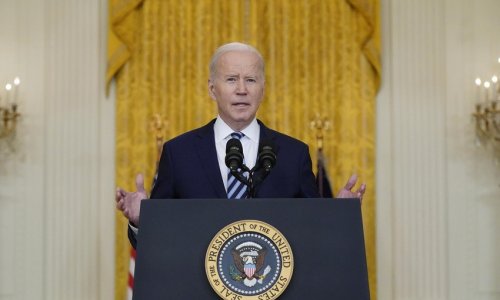"She wears it to cover the deformity. She covers it because people would stare, children would cry," says Edna Adan Ismail, Somaliland's former foreign minister and first lady. "It's not easy to look at."Ismail founded the region's first maternity hospital, The Edna Adan University Hospital. The facility is now a bustling general clinic providing care to all.For 11 years, she's been seeking help to repair Mohamed's face, which was torn apart by shrapnel during the Somali Civil War. Mohamed was just two years old when she was injured. Somalliland BankgroundShe is now 25 and can't close her right eye. Food falls from the hole in her cheek when she tries to eat. She's long learned to deal with stares and awkward questions."The hardest thing for her is when somebody asks what happened to her face," Ismail says, translating the softly spoken words from Mohamed, who's seated beside her. "It just hurts me," Mohamed says.They're sitting at a press conference in Brisbane, Australia, a shiny modern city some 10,000 kilometers (6,000 miles) -- and a world away -- from her home and her daughter in Burao, northwest Somaliland in the Horn of Africa. Her child, Marwa, is just two years old, the same age as Mohamed when she was so horrifically injured.Oral and maxillofacial surgeon Dr. John Arvier from the Wesley Hospital is explaining the extent of the damage to her face and what's going to be done to fix it by a team of experts, who are offering their services for free."Essentially Ayan is missing most of the tissue of her midface from the bottom part of the eye socket, the whole top jaw and most of the cheekbone and her palate," Arvier says."The surgery will involve replacing, with a small synthetic implant, the rim of the eye socket. Then the bulk of the missing tissue will be replaced by muscle that comes up under the cheekbone on the side of the head."The hardest thing for her is when somebody asks what happened to her face.Edna Adan IsmailSkin taken from her forearm will be moved to her face, and a plastic surgeon will also use cartilage from her ear to rebuild her nostril. Extensive dental work will then be needed to reshape her smile.From behind her veil, Mohamed expresses her faith in the team of surgeons. "I'm confident, I'm not worried."Ismail adds, "She's a brave woman. She's had to live with this a long time... she's very relaxed. I'm the one who's falling apart."She first heard of Mohamed's plight when the girl's mother went to her hospital several years ago seeking help. Then, the hospital in Hargeisa, Somaliland had been open just one year and didn't have the expertise to deal with Mohamed's problems. It still doesn't.Ismail spread the word about Mohamed's injuries and a website was built. Photos were taken. And, since it was uploaded to YouTube in 2009, a video about Mohamed's need for help has been viewed more than two million times.Two years ago, a group of Rotarians in Australia met and vowed to bring Mohamed to the country for surgery. It wasn't easy.There's no postal service in Somaliland so something as simple as sending a letter required outside help. And then there was the travel -- Mohamed had to travel hundreds of kilometers to the Ethiopian capital Addis Ababa for scans, x-rays and assessments.Just when the medical challenges seemed to have been resolved, the Australian government refused Mohamed's visa application. It was the second time a country had denied her approval to enter because her injuries weren't deemed to be life threatening."Since this is not a growing cancer or a heart condition or a situation that could kill her overnight, I guess some people would classify that as not life threatening," Ismail says. "But then when you're a young women what's more life threatening than not having a face?""The first visa denial was from the United States, and that was hard. And then when the visa was denied a second time in Australia, we thought 'who will have the courage to tell this to Ayan?'," she says.She saw a river for the first time yesterday... and walking up to this conference room she saw fish in a fish tank for the first time.Edna Adan Ismail"Here's a woman who's only begging to have medical treatment which she's not able to access anywhere else. I'm glad that the decision was reversed," she adds.Since Mohamed arrived in Brisbane there have been a number of firsts."She saw a river for the first time yesterday," Ismail says. "And walking up to this conference room she saw fish in a fish tank for the first time."She rode an elevator for the first time (and) we had a few lessons to learn how to ride the escalator -- we had a few almost-trips but we're here," she laughs.Ayan will undergo surgery on Saturday. Recovery will take weeks, if not months.When the scars have healed Ayan hopes to be able to face the world for the first time with nothing to hide."She says she's looking forward to removing this," Ismail says, motioning toward the black niqab that cloaks Ayan's features, "and to have a face like everyone else."(CNN)ANN.Az
Woman waits 23 years for surgery to fix shattered face - PHOTO
World
13:30 | 20.02.2014
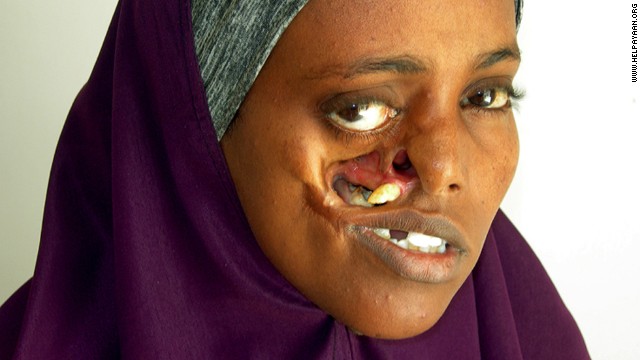
Woman waits 23 years for surgery to fix shattered face - PHOTO
Ayan Mohamed wears a niqab that covers her face, not for religious reasons but to hide what lies beneath.
Follow us !

